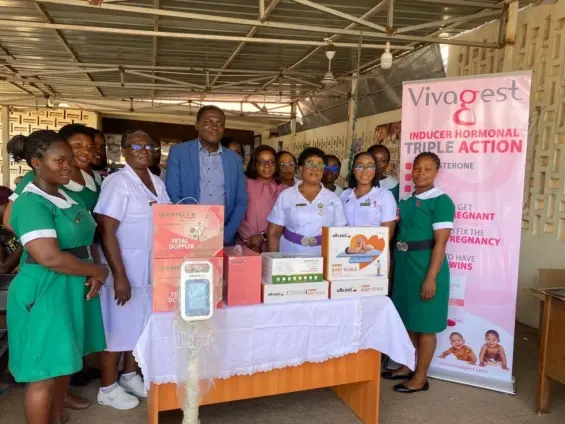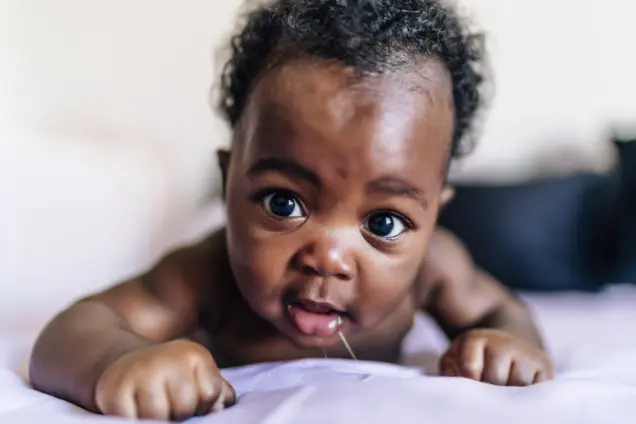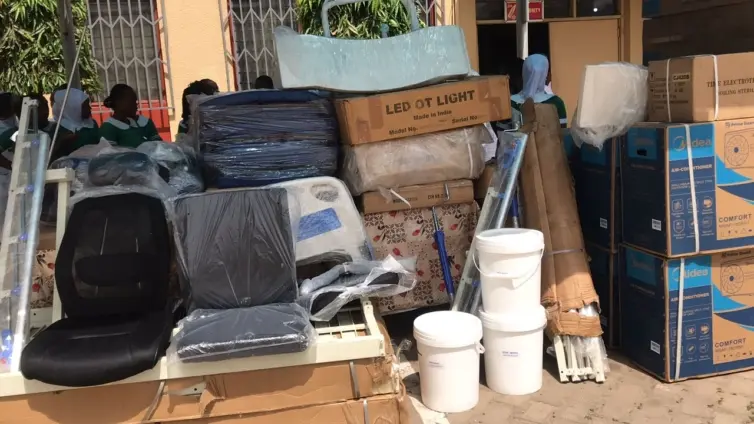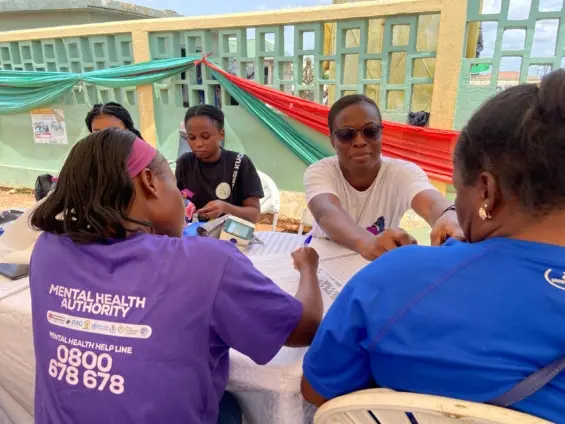In the bustling markets of Accra and the quiet corners of Ghanaian homes, a silent threat is emerging: the proliferation of low-quality, imported baby diapers. Local diaper manufacturers are sounding the alarm, warning that these substandard products pose a significant public health risk to the nation’s infants. They are calling on the government to declare a national public health emergency, emphasizing the dire consequences of inaction. These diapers, often lacking crucial safety information and produced without proper regulatory oversight, are flooding the market, raising concerns about the well-being of Ghana’s youngest citizens. The situation is dire, particularly as the need for baby diapers continues to rise alongside Ghana’s birth rate, making the prevalence of these dangerous diaper imports a crisis that demands immediate attention.
The health risks associated with these substandard diapers are multifaceted and potentially devastating. Exposure to these products can lead to a range of skin disorders, infections, and other serious medical conditions in infants. Parents, often unaware of the potential dangers, are left vulnerable due to the lack of essential safety information on these imported diapers. The absence of clear labeling and quality control measures makes it difficult for them to identify and avoid potential hazards. “This is not merely an industry concern—it is a threat to the nation’s children and, therefore, the future of Ghana,” warns one industry executive, encapsulating the gravity of the situation.
With approximately 800,000 babies born in Ghana each year, the demand for diapers is immense, translating to millions of diapers consumed annually. The potential health consequences for infants exposed to substandard products are severe and widespread. The lack of proper regulatory oversight in the production of these low-quality diapers is a major concern. These products often bypass essential pre-shipment inspections and market surveillance, allowing them to flood the market unchecked. These regulatory gaps create an environment where substandard products can thrive, posing a constant threat to public health.
The influx of inferior diaper imports also has a significant economic impact on Ghana. The nation imports over 300 million diapers annually, a figure that underscores the scale of the issue. Beyond the health risks, the financial implications are substantial. It is estimated that Ghana loses $2.2 million annually due to under-declaration and weak regulation in the diaper import sector. This financial burden further strains the nation’s resources, diverting funds that could be used for essential public services. Ghana’s local manufacturers also suffer from lost revenue.
Despite the challenges posed by these imports, Ghana’s local manufacturers have the capacity to meet the nation’s demand for diapers. With an annual production capacity of three billion diapers, they can produce three times the country’s needs. Curbing unnecessary and inferior imports would not only protect public health but also support the local industry and create jobs. AGI officials have emphasized the readiness of local manufacturers to meet national demand if given a fair playing field, highlighting the potential for domestic production to alleviate the crisis. The presence of these dangerous diaper imports is preventing local industry from thriving.
Addressing the diaper import crisis requires a multi-pronged approach. Banning the importation of substandard diapers at the source is a critical first step. Enforcing strict pre-shipment inspections and boosting market surveillance are also essential to prevent these products from entering the country. Increasing tariffs on finished consumer goods could further protect the local industry, providing them with a competitive edge against cheaper, lower-quality imports. Officially designating substandard diaper imports as a national health threat would underscore the urgency of the situation and galvanize action.
Collaboration between government and industry is key to finding sustainable solutions. Parliamentary leaders and representatives from the Association of Ghana Industries (AGI) have pledged their support for stronger enforcement and policy reform. This collaborative effort is crucial to ensure that effective measures are implemented and enforced. The manufacturing sector is committed to working with government and regulatory agencies to ensure that Ghanaian children are protected from the dangers of substandard diapers. This collaboration could include public awareness campaigns highlighting the risk of dangerous diaper imports.
Parliamentary representatives have emphasized the urgent need to protect public health. Stronger enforcement and policy reform are crucial steps in securing Ghana’s future. The manufacturing sector is committed to working with the government and regulatory agencies to ensure Ghanaian children are protected. By creating an environment where Ghanaian made diapers can thrive, the public health can be protected.
The influx of dangerous diaper imports poses a significant threat to the health and well-being of Ghanaian infants, as well as the economic stability of the local manufacturing industry. By implementing strict regulations, banning substandard products, and supporting local manufacturers, Ghana can safeguard its children and build a stronger, healthier future. The call to declare substandard diaper imports as a national health threat underscores the urgency of addressing this critical issue and protecting Ghana’s most vulnerable population. These dangerous diaper imports are a crisis that needs immediate action.
Image Source: MYJOYONLINE





















